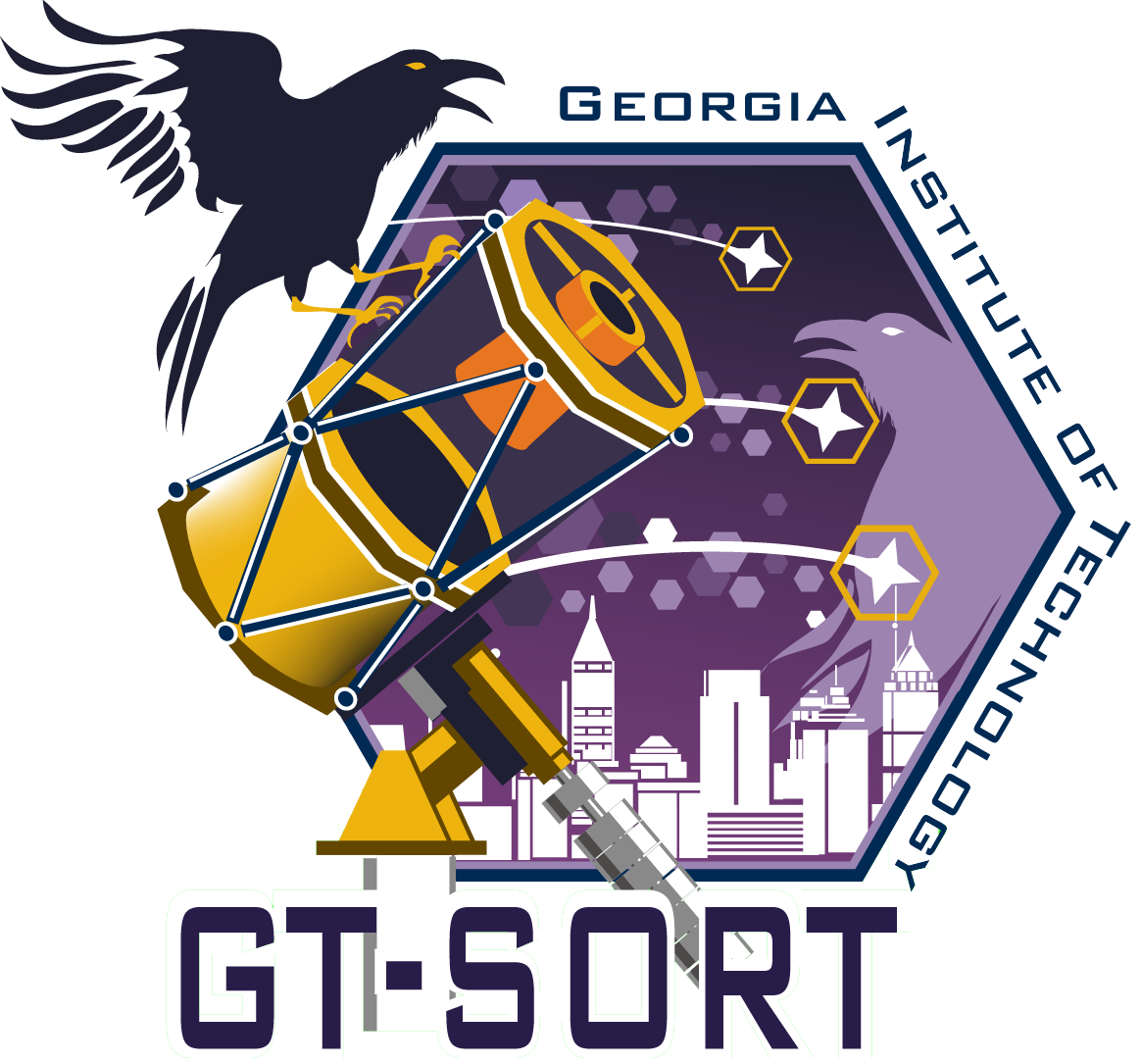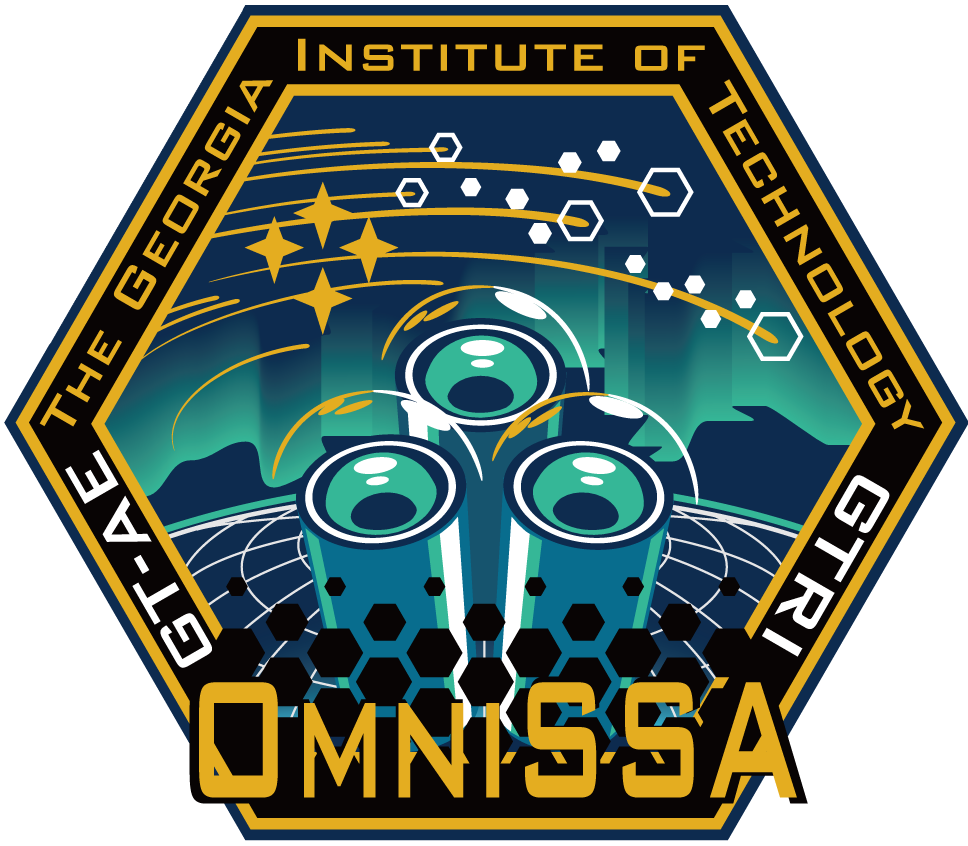Professor Holzinger's creative efforts addressing autonomy, controls & dynamical systems, and perception focus on a scholarly `theory to hardware' approach, wherein theoretical investigations are confirmed through empirical observations of on-orbit space objects.
To accomplish this, he has conscientiously incorporated real data collection in his program by constructing the Georgia Tech Space Object Research Telescope (GT- SORT), the Omnidirectional Space Situational Awareness (OmniSSA) Array, and working as the principal investigator for an Air Force cubesat program (RECONnaissance of Space Objects, RECONSO).
This combination of empirical data generation assets makes Dr. Holzinger's lab exceedingly unique, generating graduate students with strong theoretical foundations in astrodynamics, controls, and sensor systems, while also comfortable manipulating raw sensor data and operating the electro-optical assets themselves.
The theory-to-hardware approach to research used in Dr. Holzinger's lab allows his group to conceive novel engineering science contributions and maximize national and international impact by developing related technologies and testing them in operational settings.
A result of this approach is an increased awareness and respect for challenging operational issues, which in turn improves the relevance of our theoretical investigations. A selection of Dr. Holzinger's current research application areas are briefly described below.
Space Situational Awareness (SSA)
SSA is "the perception of the elements in the environment within a volume of time and space, the comprehension of their meaning, and the projection of their status in the near future" (Dr. Mica Endsley) as applied to the on-orbit near-Earth domain.
Reachability Theory
Reachability analysis answers the question "can I get from A to B?" When not considering quiescent (drifting) problems, this includes optimal maneuvers using appropriate cost functions (e.g., minimum time, minimum fuel).
Spacecraft Constellation Control, Formation Flight, & RPO
Rendezvous & Proximity Operations (RPO) and Formation Flight problems occur when two or more objects, at least one of which is actively controlled, fly near one another on-orbit. In larger numbers and with widely different orbital parameters, we encounter the problem of constellation control.
Dr. Holzinger's lab maintains an internal Wiki page here.
Dr. Holzinger is a member of the following Labs, Centers, and Institutes on the Georgia Tech Campus:




